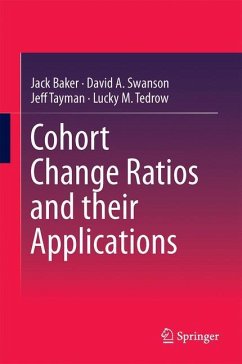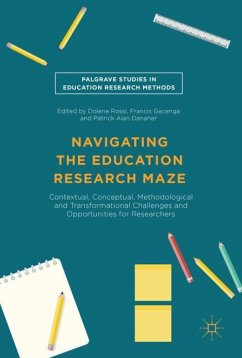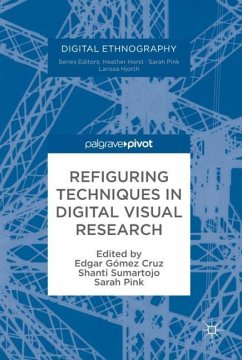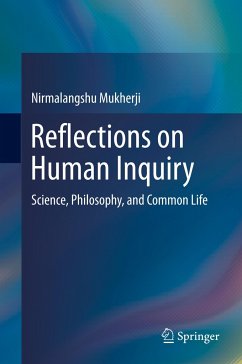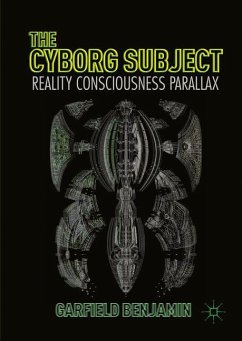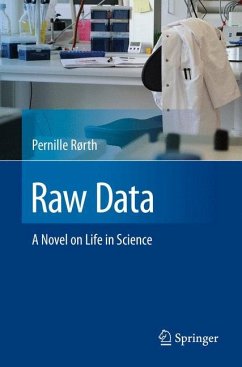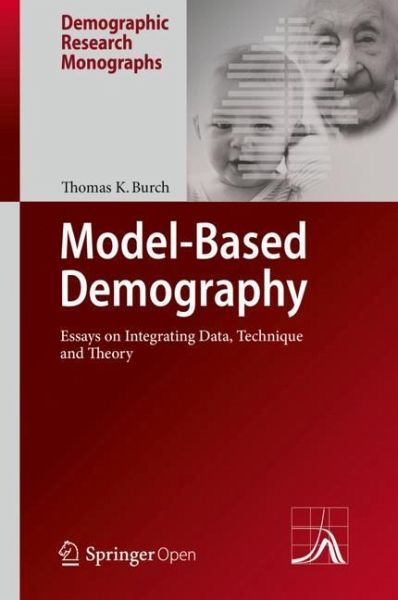
Model-Based Demography
Essays on Integrating Data, Technique and Theory

PAYBACK Punkte
19 °P sammeln!
Late in a career of more than sixty years, Thomas Burch, an internationally known social demographer, undertook a wide-ranging methodological critique of demography. This open access volume contains a selection of resulting papers, some previously unpublished, some published but not readily accessible. Rejecting the idea that demography is simply a branch of applied statistics, his work views it as an autonomous and complete scientific discipline. When viewed from the perspective of modern philosophy of science, specifically the semantic or model-based school, demography is a balanced discipli...
Late in a career of more than sixty years, Thomas Burch, an internationally known social demographer, undertook a wide-ranging methodological critique of demography. This open access volume contains a selection of resulting papers, some previously unpublished, some published but not readily accessible. Rejecting the idea that demography is simply a branch of applied statistics, his work views it as an autonomous and complete scientific discipline. When viewed from the perspective of modern philosophy of science, specifically the semantic or model-based school, demography is a balanced discipline, with a rich body of techniques and data, but also with more and better theories than generally recognized. As demonstrated in this book, some demographic techniques can also be seen as theoretical models, and some substantive/behavioral models, commonly rejected as theory because of inconsistent observations, are now seen as valuable theoretical models, for example demographic transitiontheory. This book shows how demography can build a strong theoretical edifice on its broad and deep empirical foundation by adoption of the model-based approach to science. But the full-fruits of this approach will require demographers to make greater use of computer modeling in the statement and manipulation of theoretical ideas, as well as for numerical computation.





